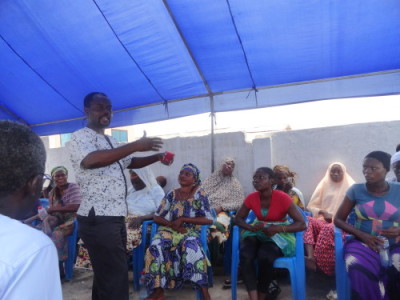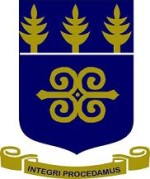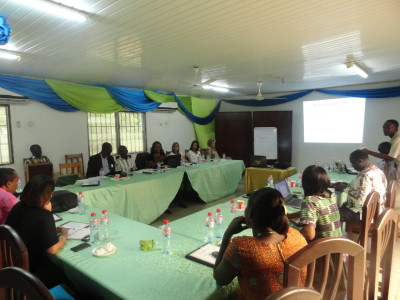|
This Urban Environmental Management and Disaster Risk Reduction Study Group emerged in 1991 from an initial collaboration between a trans-disciplinary team of scholars hosted by the University of Ghana’s Department of Geography and Resource Development with the Stockholm Environment Institute (SEI). The study group has engaged in many research projects both individually and collectively with other international institutions (London School of Hygiene and Tropical Medicine, UNDP, UN-Habitat, WHO and UNICEF among others) on various environmental health and integrated urban risk issues which are common throughout Ghana.
|
|
Although the group’s work is mainly focused on Ghana, it has produced scholarly research outputs and publications in leading international journals, either as a collective or through individual members, thus giving the members of the study group a high international profile.
A central objective of the study group to make their research projects findings accessible and applicable by using their research to advance policy formulation and programme implementation in improved environmental health, disaster risk and poverty reduction. In this regard, it has done consultancy work for the Ministry of Environment and Science especially the Environmental Protection Agency, UNICEF, WHO, UN-Habitat, and other local partners in Ghana including Metropolitan, Municipal and District Assemblies. Therefore these projects have aimed at assisting to create healthier and liveable human settlements which are also secure through strengthened capacity in disaster risk reduction both in Ghana and internationally.
Over the years, the study group has been focused on developing the capacity of the next generation of researchers and practitioners, specifically in the environmental and urban risk field, by developing courses at the graduate and undergraduate levels.
|
|
 |







